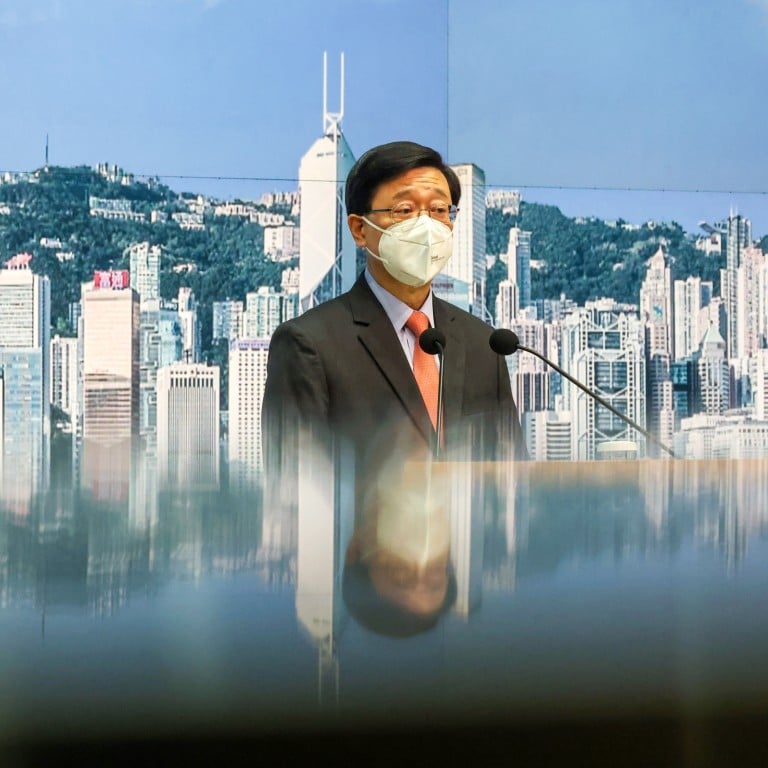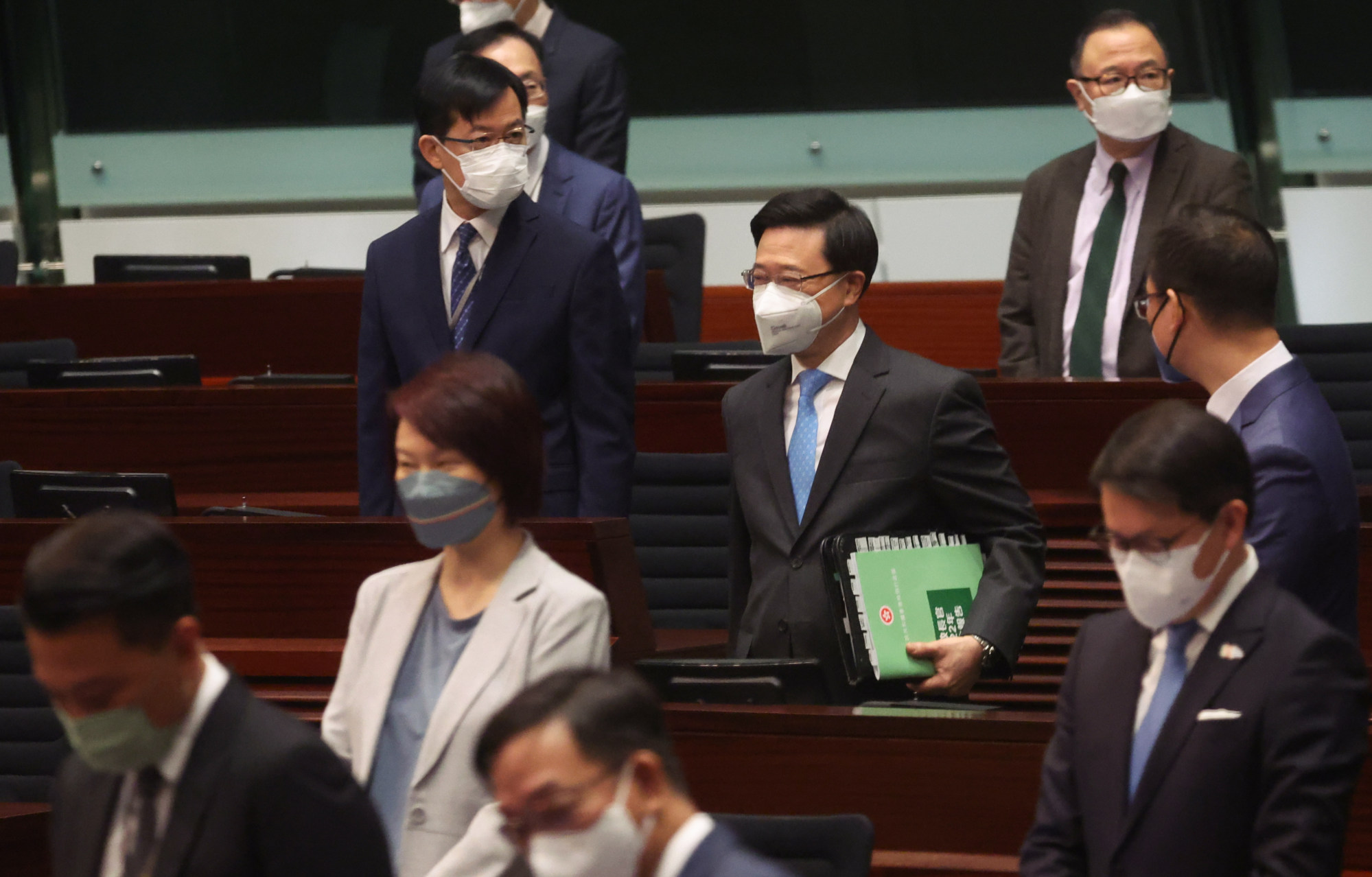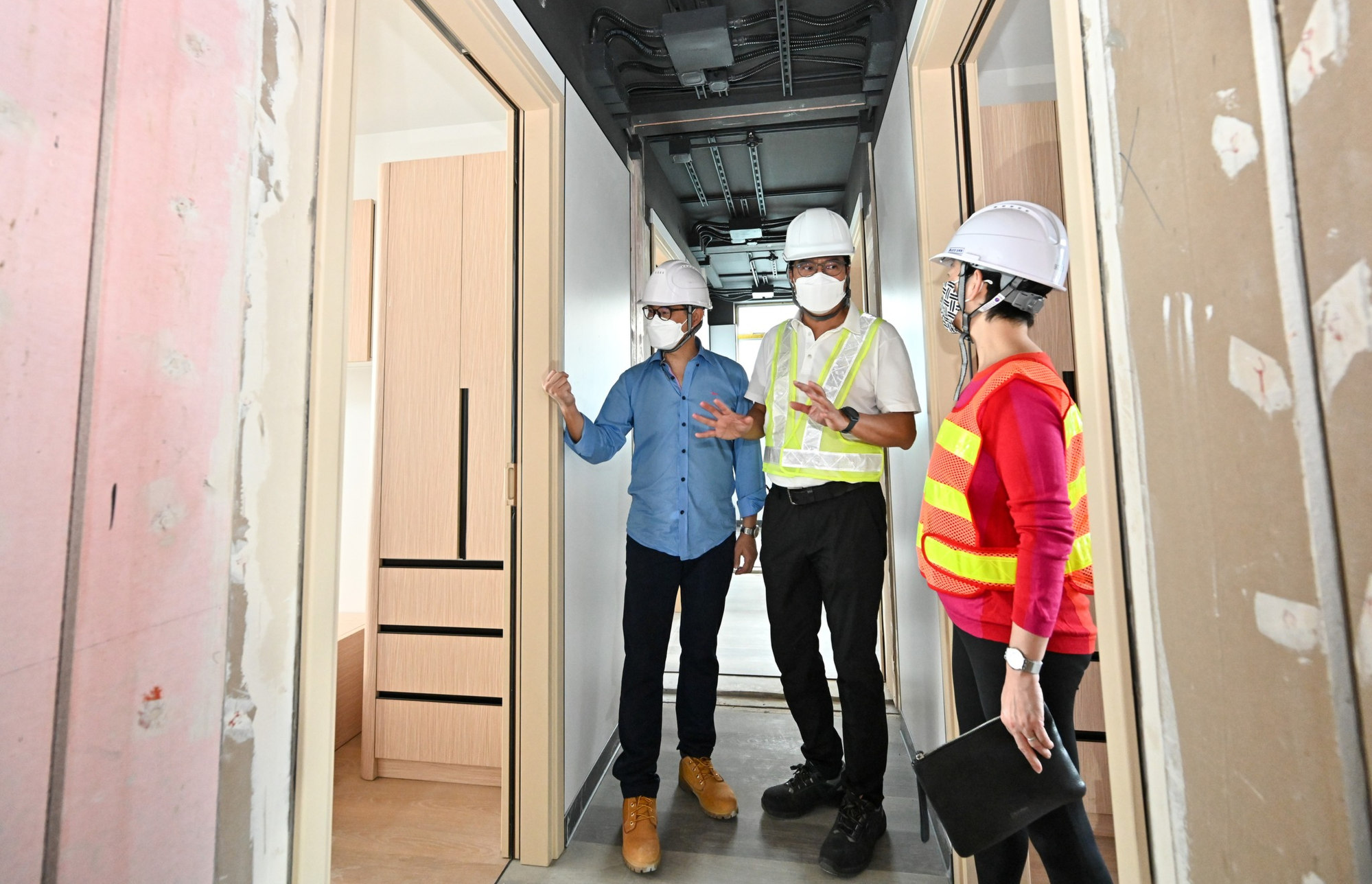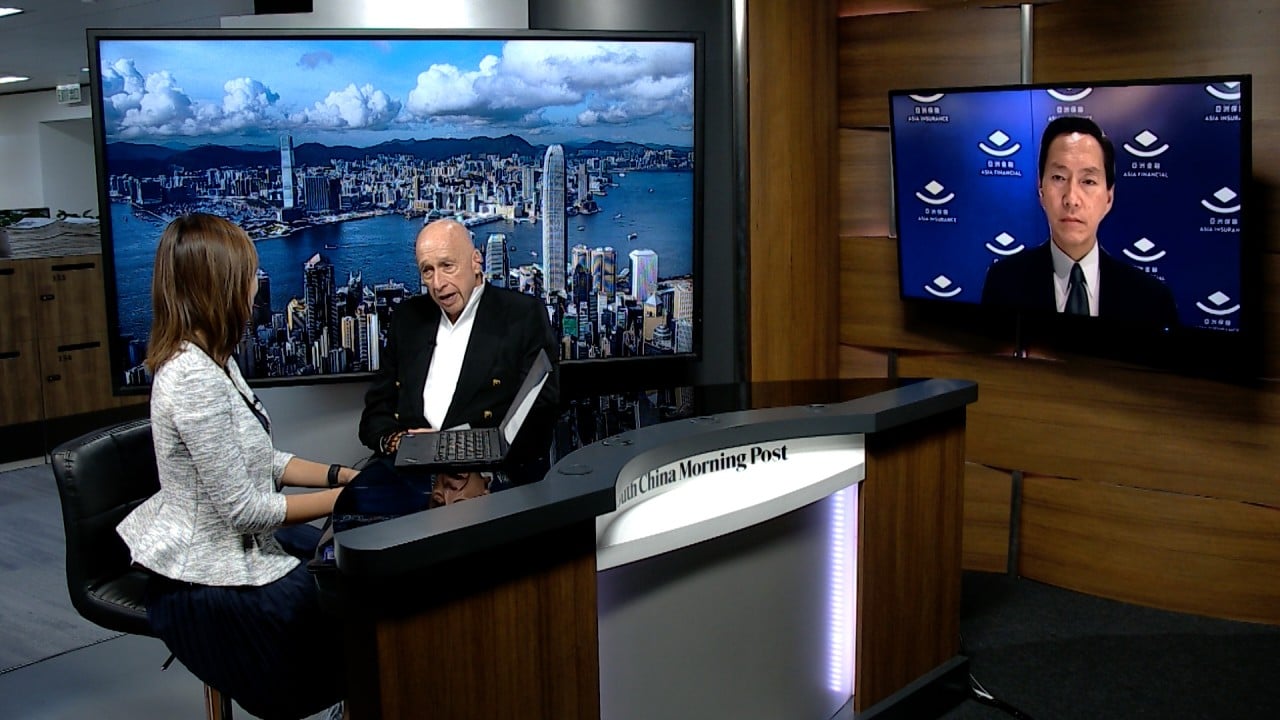
John Lee’s plan for Hong Kong is a good one, but it depends on a strong, open economy
- Lee’s first policy address ticks all the right boxes, from housing to sourcing talent and improving connectivity
- To ensure success of these policies, Hong Kong needs a boost in revenue and international appeal
Significantly, the colour green was selected for the cover of Lee’s policy address booklet to symbolise “hope, vitality, harmony, and stability”.“Hong Kong’s future is full of hope. I expect this policy address to bring confidence to residents,” Lee wrote on Facebook.
In 150 paragraphs, numerous policies and initiatives are outlined, along with some 110 key performance indicators for specific applications. In general, I am happy with the overall direction of the policy address, which focuses on practical solutions and measurable results in key areas.
While details must still be discussed as the measures are implemented, many are pragmatic, forward-thinking and consistent, while keeping continuity with previous initiatives. However, objectives are simple to set; the ability to effectively reach them will be the determining factor in Lee’s success.

Elsewhere, the Kau Yi Chau Artificial Islands project will provide 1,000 hectares (2,500 acres) of land for development. Plans to construct three new major roads and three rail links will also enhance Hong Kong’s efficiency and competitiveness.
“Light public housing” will serve as a temporary solution to the city’s housing shortage and is expected to reduce the waiting period for public rental housing to 4.5 years. This is encouraging, although details on the location of the proposed units and supporting infrastructure are yet to be confirmed.

More details on funding are also needed. Lee’s administration aims to build 30,000 light public housing units in the next five years, in addition to increasing production capacity for traditional public housing. If this is to be accomplished, significant funding will be required, and where it will come from must be addressed.
The policy address outlines several talent retention and recruitment policies, including a two-year visa programme open to recent graduates from elite universities and high-earning executives. Existing immigrant employment programmes will be expanded and simplified, while stamp duty refunds will be offered to those who invest in property after becoming permanent residents.
This can be accomplished by taking advantage of the development of the Greater Bay Area and the Belt and Road Initiative, as well as by promoting Hong Kong and “one country, two systems” on a global scale.
If the policy address’s pioneering measures are carefully realised, many in Hong Kong are optimistic that we will succeed.
Don’t blame the world, Hong Kong’s economic wounds are self-inflicted
Even in the presence of an abundance of resources, the government’s ability and capacity to execute the aspirations of the policy address will be the difference between failure and success.
Fortunately, Lee appears to recognise the limitations of bureaucracy. He has said that for Hong Kong to advance requires a government that “can get things done,” and the policy address outlines around 110 concrete targets to monitor the formulation and efficacy of policies.
All things considered, I am certain Lee will lead his government by example and direct officials to carry out the aims of the policy address in a practical, efficient manner. Talent and enterprises will return to Hong Kong of their own volition, and the city will triumph against the odds.
Adrian Ho, a graduate of the Wharton School of Business, University of Pennsylvania, is a member of the Central Committee of the New People’s Party


